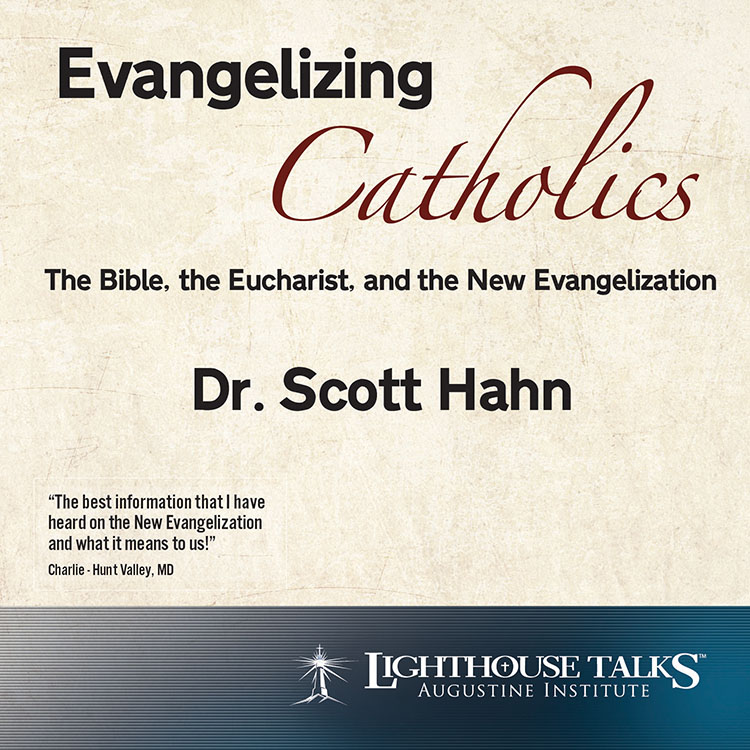
Justification by faith and the Catholic Sacramental System
Justification by faith apart from works and Justification by faith and works are seamlessly combined in the Catholic Sacramental System.
Justification by faith apart from works succinctly describes the Sacraments of Baptism, Reconciliation, Confirmation, Anointing and Eucharist.
The Catholic Church teaches that the Sacraments are Works of God.
740 These "mighty works of God," offered to believers in the sacraments of the Church, bear their fruit in the new life in Christ, according to the Spirit. (This will be the topic of Part Three.)
987 "In the forgiveness of sins, both priests and sacraments are instruments which our Lord Jesus Christ, the only author and liberal giver of salvation, wills to use in order to efface our sins and give us the grace of justification" (Roman Catechism, I, 11, 6).
These Sacraments impart grace to the extent of one's faith: The Church teaches that the effect of a sacrament comes ex opere operato, by the very fact of being administered, regardless of the personal holiness of the minister administering it.[3] However, a recipient's own lack of proper disposition to receive the grace conveyed can block the effectiveness of the sacrament in that person. The sacraments presuppose faith and through their words and ritual elements, nourish, strengthen and give expression to faith.
http://en.wikipedia.org/wiki/Sacraments_of_the_Catholic_Church
Justification by faith and works is the preparation of man for the reception of grace in the Sacraments:
2001 The preparation of man for the reception of grace is already a work of grace. This latter is needed to arouse and sustain our collaboration in justification through faith, and in sanctification through charity. God brings to completion in us what he has begun, "since he who completes his work by cooperating with our will began by working so that we might will it:" Indeed we also work, but we are only collaborating with God who works, for his mercy has gone before us. It has gone before us so that we may be healed, and follows us so that once healed, we may be given life; it goes before us so that we may be called, and follows us so that we may be glorified; it goes before us so that we may live devoutly, and follows us so that we may always live with God: for without him we can do nothing. http://www.scborromeo.org/ccc/para/2001.htm
An adult who converts to the faith of Jesus Christ, must justify himself in preparation for the Sacraments by performing works worthy of penance. He performs these good works by exercising faith in God. Just as we exercise our muscles, this strengthens his faith making him more open to receive the sanctifying grace of the Holy Spirit which transforms him according to his faith.
He is then sent out again to continue doing the works which God prepared for him from the beginning of time and continue to exercise and enlarge his faith so that he becomes more open and properly disposed to receive more Sanctifying grace which is imparted by the Sacraments.
Which is completely consistent with Scripture which says, only doers of the law will be justified (Romans 2:13) apart from the works of the law (Romans 3:28).
For more Quick Takes, visit This Ain't The Lyceum


No comments:
Post a Comment
Thanks for contributing.